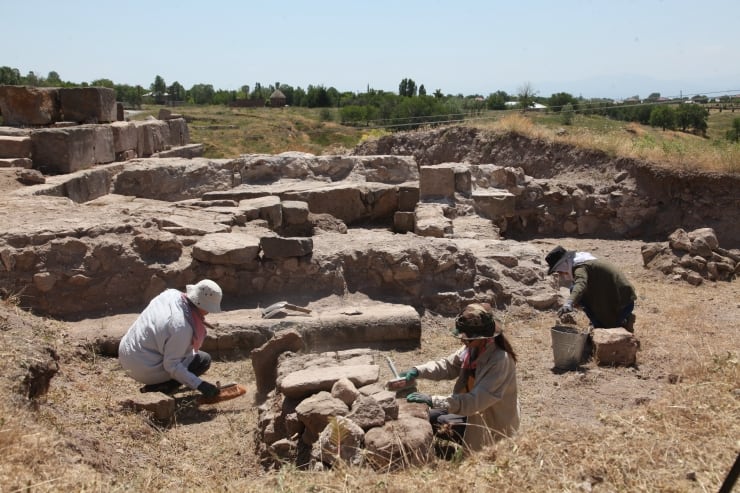
Traces of the 5000-year-old Karaz culture have been found in Bitlis
Traces of the 5000-year-old Karaz Culture were discovered during the excavations carried out in the İç Kale in Ahlat district of Bitlis.
The Karaz Culture is a culture identified in the research of Soviet archaeologist Boris Kuftin, which exhibited a widespread presence during the Late Chalcolithic and Bronze Age, encompassing the Eastern Anatolian Region, Transcaucasia, Azerbaijan, and Northwestern Iran.
Significant findings have been obtained in the excavation works conducted by Dr. Mehmet Kulaz from the Department of Art History at Van Yüzüncü Yıl University (YYÜ), at the Seljuk Square Cemetery and the Old Ahlat City Castle.
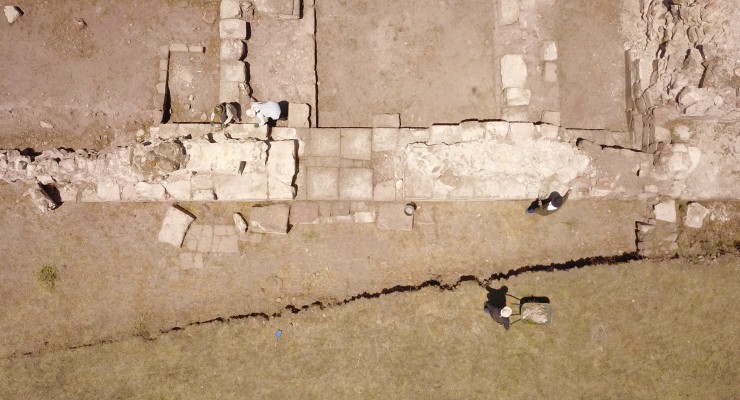
The Deputy Head of the Excavation Team, Dr. Sinan Kılıç, mentioned that they were searching for remains of a prehistoric settlement under the Inner Castle. He stated “Some of the pottery fragments we found during our excavations date back to the third millennium BC, a period we refer to as the Early Bronze Age. We conducted a statistical study on the pottery fragments we discovered. After completing the last year’s 2022 work, we found that about 6% of all the pottery fragments we found belong to the Early Bronze Age.”
📣 Our WhatsApp channel is now LIVE! Stay up-to-date with the latest news and updates, just click here to follow us on WhatsApp and never miss a thing!!
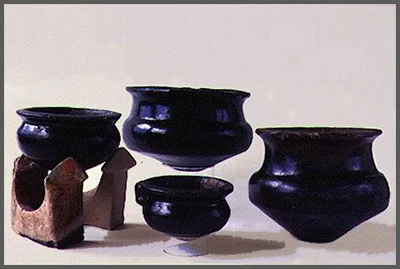
In this year’s excavations, we reached the settlement layers dating back to the Early Bronze Age right in front of the large building within the Inner Castle. Thus, the period previously known only through pottery fragments can now be examined in completely untouched settlement layers. In these layers, numerous pottery fragments, a bronze spearhead, and a small bull figurine were discovered. The pottery fragments exhibit the characteristics of the Karaz culture, which dates back to the third millennium BC and is characterized by dark-faced burnished pottery, widespread throughout the entire region.
You may also like
- A 1700-year-old statue of Pan unearthed during the excavations at Polyeuktos in İstanbul
- The granary was found in the ancient city of Sebaste, founded by the first Roman emperor Augustus
- Donalar Kale Kapı Rock Tomb or Donalar Rock Tomb
- Theater emerges as works continue in ancient city of Perinthos
- Urartian King Argishti’s bronze shield revealed the name of an unknown country
- The religious center of Lycia, the ancient city of Letoon
- Who were the Luwians?
- A new study brings a fresh perspective on the Anatolian origin of the Indo-European languages
- Perhaps the oldest thermal treatment center in the world, which has been in continuous use for 2000 years -Basilica Therma Roman Bath or King’s Daughter-
- The largest synagogue of the ancient world, located in the ancient city of Sardis, is being restored

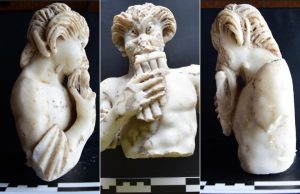
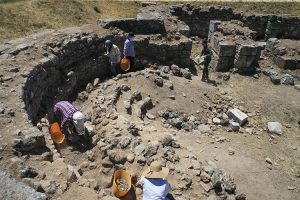
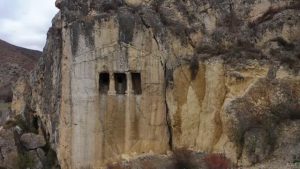
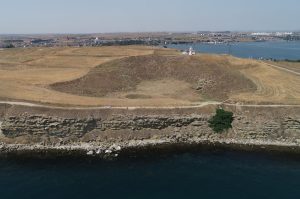
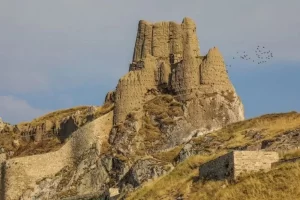
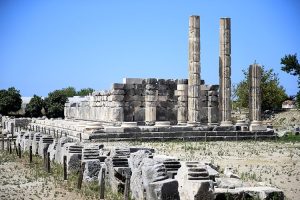


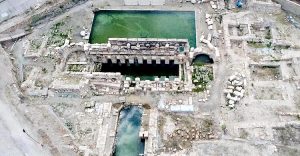
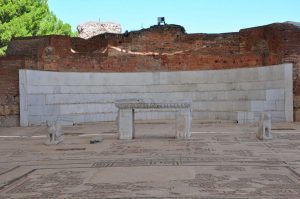
Leave a Reply